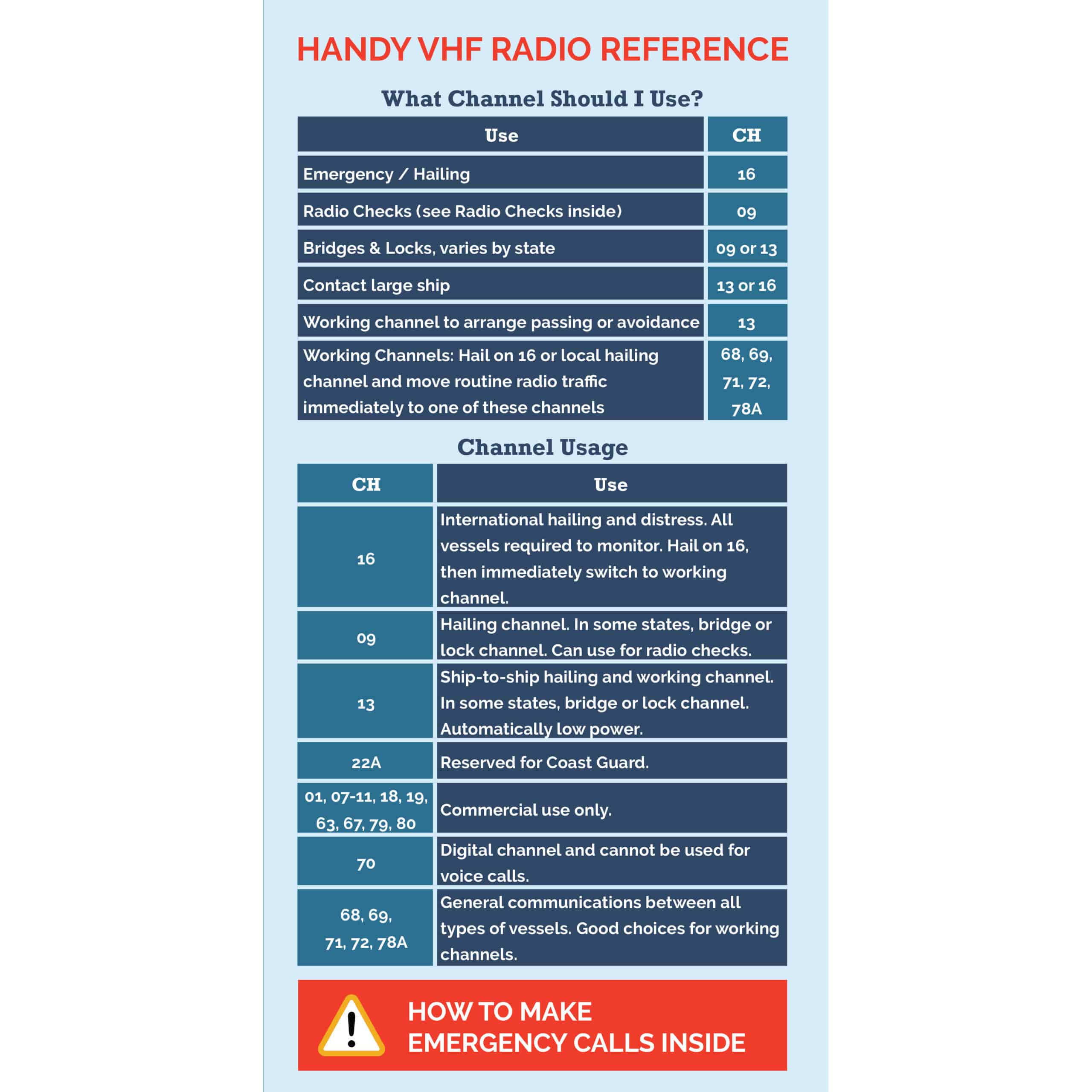If you’re in the “planning to cruise full-time” stage, at some point you’ll probably wonder: should you sell your home (house/condo)? Or keep it?
Initial Concerns
In the past, I’ve always told people to consider issues such as:
- Would you want to return to it after cruising? Think about the city, the specific location, the size, and so on.
- If you don’t sell it, what would you do with it while cruising? Leave vacant, house sitters, rent it out? How would you manage it? Would it drive you nuts to have to deal with problems remotely?
- Does your house/condo mortgage require you to live in the house?
- Financial realities: can you afford both the boat and the house? If you plan to rent it, will the rent cover any mortgage, taxes, insurance, management fees, repairs, and maintenance?
Now, however, there’s another big issue: getting insurance on your boat.
Insurance Issues
Check with your insurance agent and ask if owning a house or condo will make a difference in getting boat insurance. I am NOT implying that you should lie about whether the boat is your primary home. Lying on an insurance application can void insurance coverage – and will be something that the insurance company looks at if you ever make a claim.
However, more and more people are discovering that they have an easier time finding insurance, or more options, when they own residential real estate.
I’ll be honest: it doesn’t make sense to me. I don’t get why having a land base – and particularly spending time there – is a better risk than being on the boat full-time to take care of any problems, but I know that several big companies (State Farm and Progressive among them) will not write boat policies if you do not also have a land residence.
Underwriting rules constantly change and I am in no way an insurance broker or expert, so I can’t give any specifics. But it’s one more factor to investigate when deciding what to do with your home.
Other Considerations
A big note: if decide to sell, and can possibly afford it, I strongly recommend not to sell the house/condo and everything in it until you’ve been cruising at least six months. Give yourself time to make sure that you really like cruising before selling. The first year is a huge learning curve and knowing that you haven’t made an irreversible decision can really decrease the stress.
And a second note: be sure to investigate insurance before making an offer on a boat. Every year, underwriting criteria gets stricter and insurance harder to obtain. Do not assume you’ll be able to get insurance, even if you have years of experience.
Buying a boat and getting insurance for it has gotten much more complex in the past ten years. I don’t want to discourage you – far from it – but do want you to be prepared for the realities. And have thought about them carefully before you decide: should you sell your home?
Flatten the learning curve with practical how-to info that gives you the confidence to step into life aboard.
Start Learning Today

Carolyn Shearlock has lived aboard full-time for 17 years, splitting her time between a Tayana 37 monohull and a Gemini 105 catamaran. She’s cruised over 14,000 miles, from Pacific Mexico and Central America to Florida and the Bahamas, gaining firsthand experience with the joys and challenges of life on the water.
Through The Boat Galley, Carolyn has helped thousands of people explore, prepare for, and enjoy life afloat. She shares her expertise as an instructor at Cruisers University, in leading boating publications, and through her bestselling book, The Boat Galley Cookbook. She is passionate about helping others embark on their liveaboard journey—making life on the water simpler, safer, and more enjoyable.










Leave a Reply